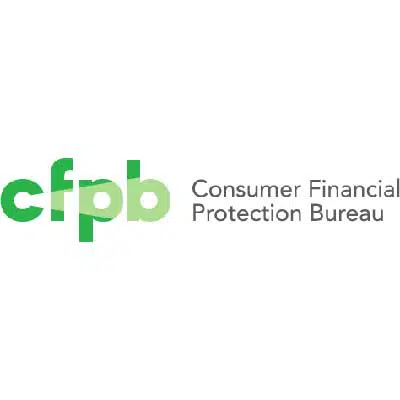With the Consumer Financial Protection Bureau investigating the impact of buy now, pay later programs on consumers, the Electronic Transactions Association early Friday released a letter it hopes will help clarify the issues and help allay the regulator’s concerns about key issues such as debt accumulation, regulatory arbitrage, and data usage.
Of the five BNPL providers the CFPB has required information from, only Affirm is not an ETA member. Responses from all five—Afterpay, Klarna, PayPal, and Zip, in addition to Affirm—were due March 1. Public comments were due Friday.
The stakes for the BNPL business, which saw especially accelerated growth during the pandemic, are high. “With the order, [the CFPB] is going to comb through the responses, and if they find a violation of existing laws, they may take an enforcement action,” says Scott Talbott, senior vice president of government relations at the ETA. “After reading all the comments and examining the market, the CFPB could issue a notice of proposed rulemaking. That’s on the table.”

The CFPB’s position won’t be known for some time, but the ETA argues the BNPL industry is already “heavily regulated.” Indeed, “It’s wrong to say BNPL is unregulated,” Talbott says. “Whether it’s a bank or nonbank provider, BNPL is heavily regulated. Both bank BNPL and nonbank BNPL are regulated heavily at the state and federal level.” The only exception, he notes, concerns the Truth in Lending Act, which applies only to loans requiring five or more installments. Many nonbank BNPL programs structure their product to be repaid in four installments.
That point about the TILA has raised concerns among regulators about so-called regulatory arbitrage, where BNPL providers might avoid at least some rulemaking burden by structuring their programs to avoid the TILA. But the CFPB is also probing providers for information regarding other concerns. “The CFPB is asking what companies are doing, if anything, with BNPL data. It’s a new focus area for the CFPB,” says Talbott.
Another big item with regulators has to do with how much debt consumers are assuming, and how well they can handle it. “Like with all products, the CFPB is focused on consumers getting in debt over their heads,” says Talbott. “The key difference with BNPL is that the loan amounts are smaller and the repayment terms are shorter.”





